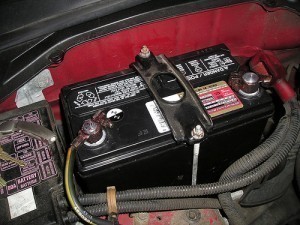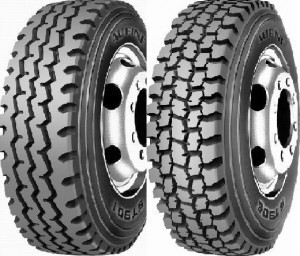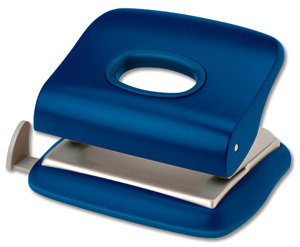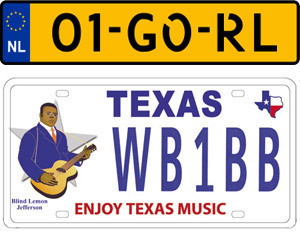Sizes of Car Batteries
Some car battery sizes are 10″ x 6 7/8″ x 7 13/16″. Other models have dimensions of 8″ x 4 7/8″ x 5 12/16″. Some units are larger and measure 12″ x 9 7/8″ x 9 13/16″. Weights also vary, but many are between 30 to 40 lbs.
Overview
The battery acts as a physical reservoir of energy inside the vehicle’s system. An alternator is used for charging it up. The alternator is responsible for transforming mechanical energy into electrical energy. This initiates changes in the battery electrolytes.
When you start using the battery, the lead oxide plates interact with the sulfuric acid. The result is lead sulfrate. The opposite process is followed when the battery is being recharged. This way, the unit can keep energy.
Uses
Whatever the car battery sizes are, it is used to power the vehicle. It also energizes the lighting system. Some diesel engines though, can function without the need for these batteries. The battery can also be utilized for traction energy for other vehicles.
Types
The flooded type is the most widely used. This consists of lead plates soaked in sulfuric acid in a reservoir. This needs to be topped with distilled water when water dissipates during electrolysis.
The sealed battery is a slight variation of the flooded type. Basically though, it is a flooded battery with seals. This is designed to prevent water loss.
The valve regulated lead acid (VRLA) is also of the sealed variety. One variant comes with a safety valve so hydrogen and oxygen can escape. Some VRLA batteries are not fitted with safety valves though. Instead, they are fitted with a catalyst surface where the gases can join up.
The glass mat battery has silicate glass mats composites with electrolyte in-between the plates. Utilizing recombinant technology, oxygen and hydrogen are combined.
The charge is longer compared to other batteries. The drawback is they are more expensive. The low gel batteries are no longer widely used because of the low recharge rates.
Electrolytes
Nickel metal Hydride (NiMH) is widely used since it can be recycled. They are also non-toxic. Lithium-ion (Li-ion) batteries are known for their high energy. They also self discharge the slowest.
There are many other car battery sizes. Of course you need to make sure the right sizes are used for your auto. But also make sure the other specs are correct too. It will make the unit easier to install and configure.





